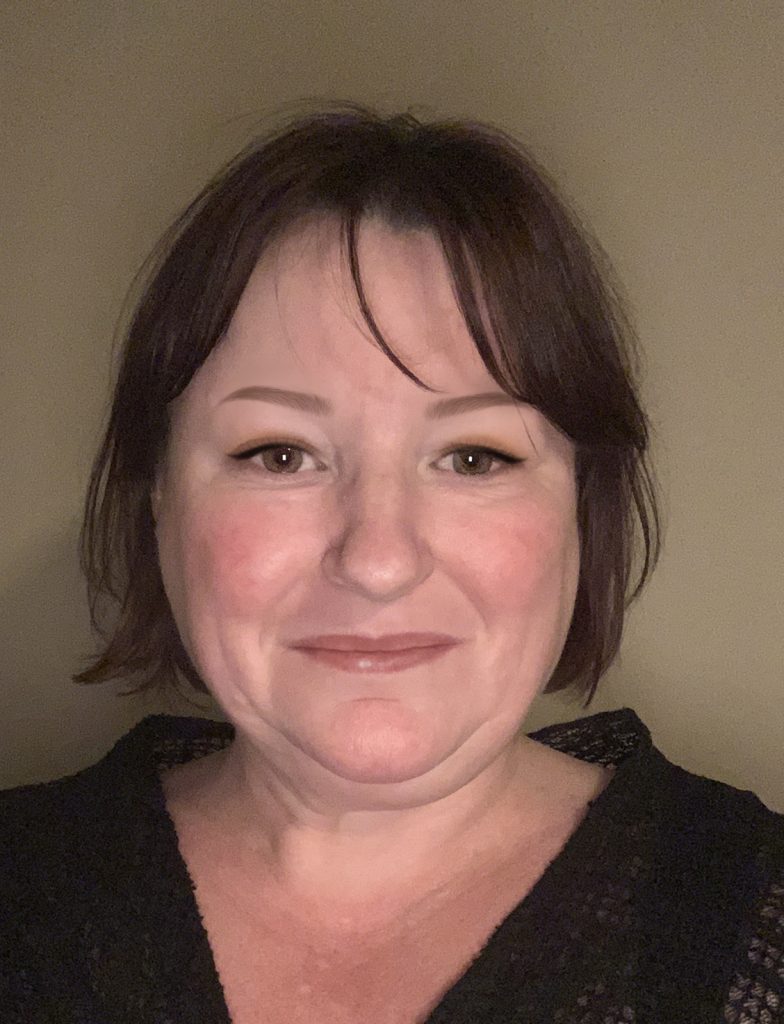By Cheryl
Mental illness.
My name is Cheryl and I live with mental illness and a physical disability. I have Bipolar Disorder and was first diagnosed in my late teens. Living with Bipolar Disorder means that I experience highs and lows that are much more intense than usual mood swings. I recall experiencing episodes of depression during primary school, and I also remember experiencing much more intense mood swings in my teenage years.
After secondary school, I went to Business College for 12 months to complete a Diploma of Business Administration, and while I was studying for my Diploma, I was quite happy and thought my depression was gone for good. However, within a year of commencing work, my depression had returned.
During my twenties, when I was working full-time, my moods would swing very rapidly as I would go from feeling happy, confident, and ambitious one week, to feeling unmotivated, depressed, and even suicidal the next. I experienced a lot of changes in my twenties such as moving out of home, getting married, buying a house, and trying to start a family, and although these changes were exciting and welcomed, they also caused stress. And sadly, one of the most common Bipolar triggers is stress.
When I turned 30, I took a break from work to raise my daughter, and looking back, this was when I was happiest. I spent my days with my daughter, as well as spending time with friends and family. I had a great support network around me, and I found that I was more stable during these years. I didn’t experience the extreme highs and lows that I had experienced in my late teens and early twenties.
Unfortunately, when I returned to the workforce again, I was turning 40 and struggling to cope with losing my mum suddenly. So, I threw myself into work, and spent years working 60+ hours a week, taking on extra projects, taking work calls on weekends and late at night, and often staying up until 3am or 4am to complete work. Although I had been promoted at work and enjoyed the work that I was doing, it was a very stressful work environment with an unrealistic workload which was having a negative impact on my mental and physical health.
Towards the end of 2020, just before I turned 50, I realised that I needed to make some changes in my life as I had been treated for major depression for over twelve months and I wasn’t getting any better. I was working from home, and although I was going well at work, I wasn’t coping well in other areas of my life. I would go for weeks without managing important self-care tasks like brushing my hair, showering, or brushing my teeth, and I hadn’t left the house in over 4 months. Unfortunately, this is what depression does, it takes away any energy you have to practice simple self-care tasks.
So, at the end of 2020, with the support of my husband and daughter, I gave up work and spent the next year focusing on my health and learning to take better care of myself. I started exercising, meditating, and I completed a few personal development courses. I got a new puppy, which helped get me out of the house (and out of bed) each morning, and I spent time just colouring in, which generates mindfulness and quietness which allowed my mind to rest and to heal.
When I was ready to return to the workforce, I was much more mindful when seeking employment as I was committed to finding part-time employment in a supportive environment – one that would not be detrimental to my mental health.
It’s impossible to avoid stress altogether, but I knew it was important for me to find a workplace that had a strong focus on staff wellbeing, and where management were committed to providing a healthy and safe work environment for workers. I also made it a priority to find a workplace that was inclusive, flexible, and where I would feel supported and connected to the rest of the team even though I work remotely.
I’ve been working part-time now for over six months and I’ve realised that part-time work is much better for my mental health than full-time work. Working part-time provides me the opportunity to have balance in my life where I can work a few days a week and be part of a team, whilst still enjoying my personal interests and connecting with friends on my days off.
Today I practice self-care by acknowledging that mental illness is a part of my life, and is something that I will always need to accommodate for in order to take better care of myself. Now when I feel overwhelmed or if I feel my depression escalating, I take a break from work and do a relaxing activity such as meditation or spend some time outside. I also ensure that I take regular breaks during my work days, and remain connected to my family and friends so that I have balance in my life and a strong support network around me.
About Cheryl:
Cheryl is a woman living with mental illness and physical disability who has worked for over 20 years in the disability advocacy sector. Throughout her working life, she has often struggled to balance full-time work with being a mother, while also managing her mental illness and other health issues. Cheryl writes about her experience with working with Bipolar disorder and the importance of finding a supportive work environment where women with mental illness are respected and supported. Cheryl also wants women to realise that sometimes taking a step back at work, can be a step forward toward better mental health.

